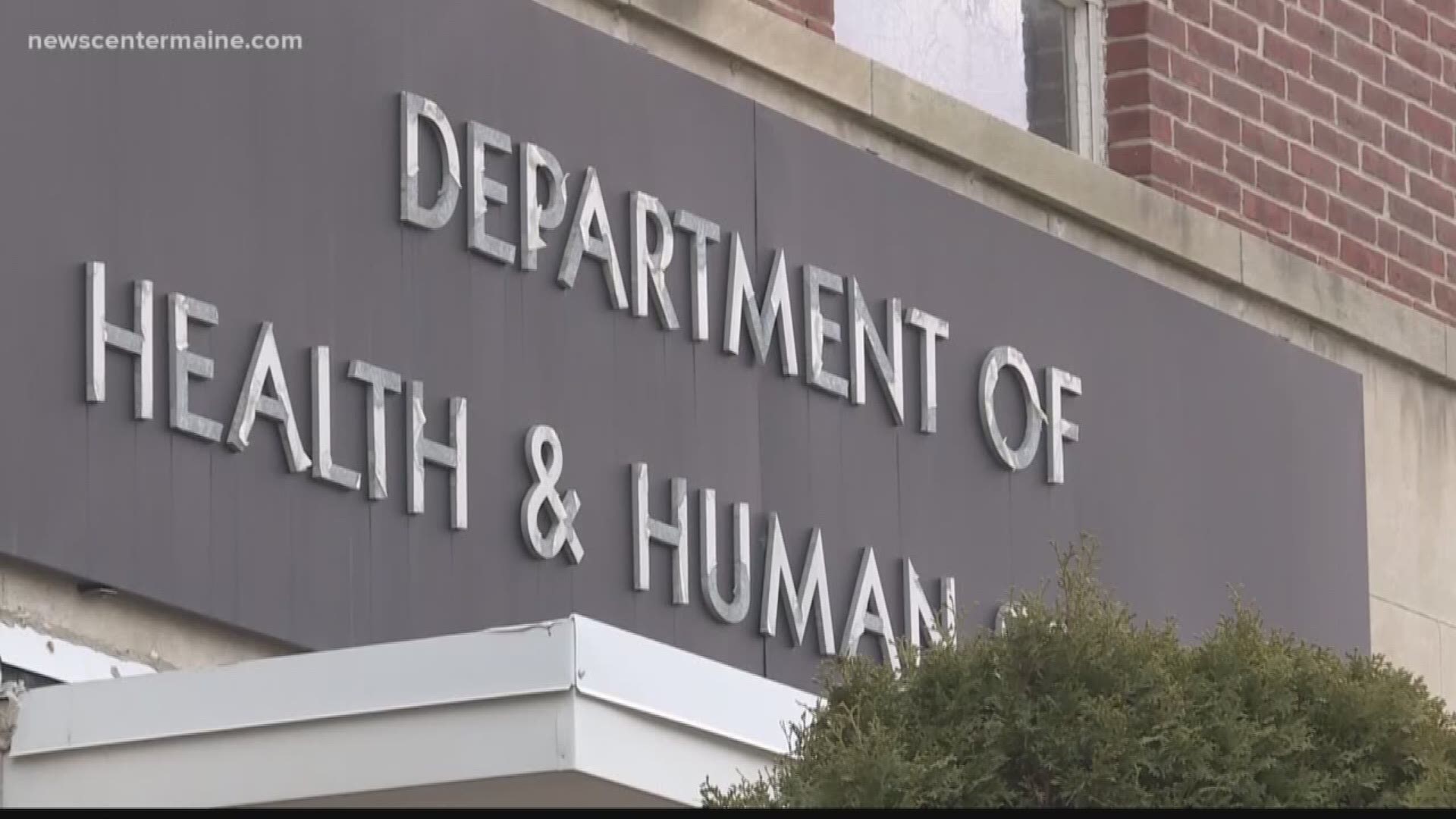AUGUSTA (NEWS CENTER Maine) – A Kennebec County judge ruled that the press and the public have no right to information about Marissa Kennedy or Kendall Chick.
The two young girls were murdered less than three months apart, allegedly by their caretakers.
NEWS CENTER Maine filed a lawsuit after DHHS Commissioner Ricker Hamilton refused to tell the public what he knew and what his department did to protect these girls, and our viewers demanded answers.
A judge ruled that the Commissioner - with the Attorney General's advice - has the full power to withhold information and that neither NEWS CENTER Maine nor the people of Maine can challenge his decision.
A state statute created in 1988 states that the DHHS Commissioner is required to publicly disclose information in cases where a child dies unless he determines it will jeopardize a criminal case. In this case, the commissioner believes the release of information could jeopardize the criminal cases of Julio Carrillo, Sharon Carrillo, and Shawna Gatto.
Information about Marissa Kennedy and Kendall Chick likely will not come out until after their caretakers’ homicide trials. In his ruling, Justice Stokes wrote, “the Commissioner’s determination that public disclosure would jeopardize the pending investigations and proceedings remains in effect until the three pending criminal proceedings…are completed.”
Michael Petit, a former DHHS Commissioner, went through a similar situation when he was Commissioner in 1984. “We tried to be as transparent as possible,” he said, after three-year-old Garrianna Quinn was beaten to death by her stepfather. Petit says his office immediately drafted a report of its involvement with Garrianna - how it intervened, and when. From that, he said, organizations “crafted 100 or more different recommendations on how to do the work better.” He says his transparency led to a massive DHHS overhaul designed to better protect children.
Like in his 1984 case and the two current cases, Petit says urgency is key. “There may be things that are going on right now that could be stopped with public support, and there is no action being taken,” he explained. “There's no sense of urgency because people don't know the facts.”
Petit believes the current Commissioner, Ricker Hamilton, is making the wrong choice by withholding information about Marissa Kennedy and Kendall Chick. “In my mind, he needs to stand up and say ‘this is what happened. This is our role in it. Some information I can’t provide to you based on the criminal proceedings, but here's what I can tell you.’”
Petit says at the very least, the Commissioner should give the public hypothetical scenarios and basic information about policies and procedures. “All of that is general, and yet it would inform this case because the public has no idea how [DHHS} actually conducts [its] business,” he said.
The judge made his rule partially on the history of a state statute, which he says in his ruling was written in 1988 so that the state of Maine could fall in line with CAPTA, a federal law that provides states with Child Protective Services funding. Petit says the transparency law was created to garner trust in the public. “If Maine only complies with federal law in order to get a few dollars, shame on us,” he said. “That does not help children.”
He says the statute was designed to foster transparency and garner public trust in DHHS. In the wrong hands, he says, it can have an opposite reaction. “Openness is what fosters learning and growth and change,” Petit said. “To the extent that [DHHS employees] are huddled in their offices, afraid to interact with the public, the public will respond harshly. And that only hurts children.”
In Justice Stokes’ ruling, he says the disclosure statute in state law provides no avenue for an appeal or accountability. With this, Petit has a problem. “That’s a quite important authority, and it’s a sweeping authority, and I don’t think anyone should be in a position where they can’t be held accountable,” he said.
NEWS CENTER Maine will not file an appeal.

